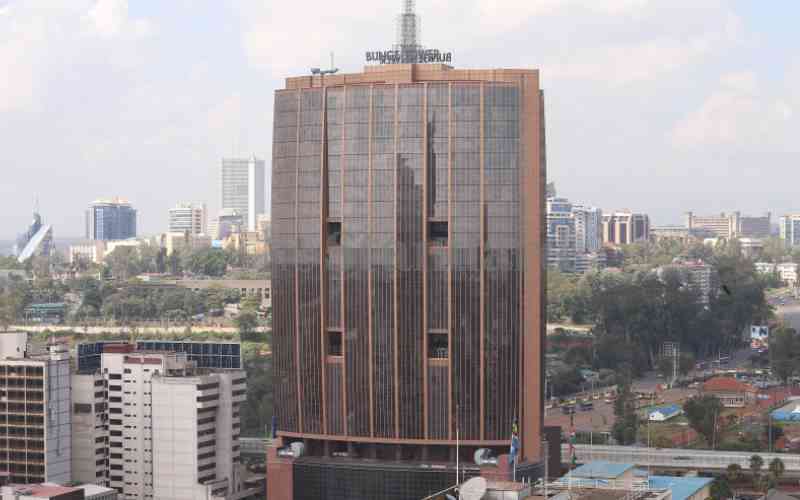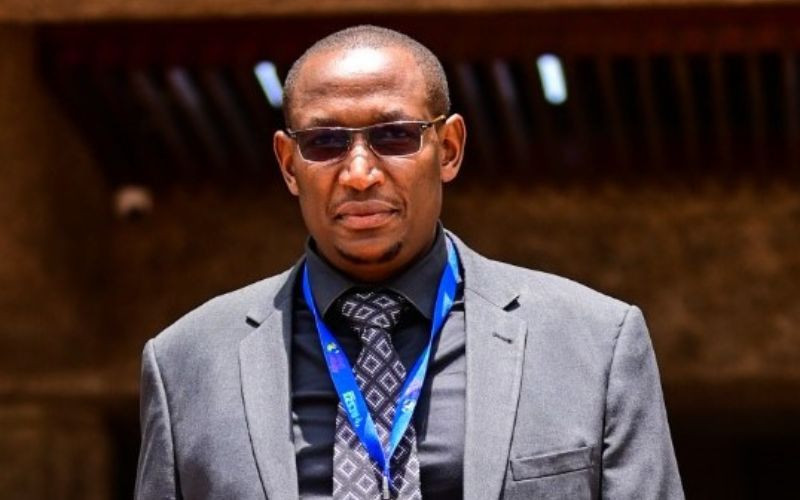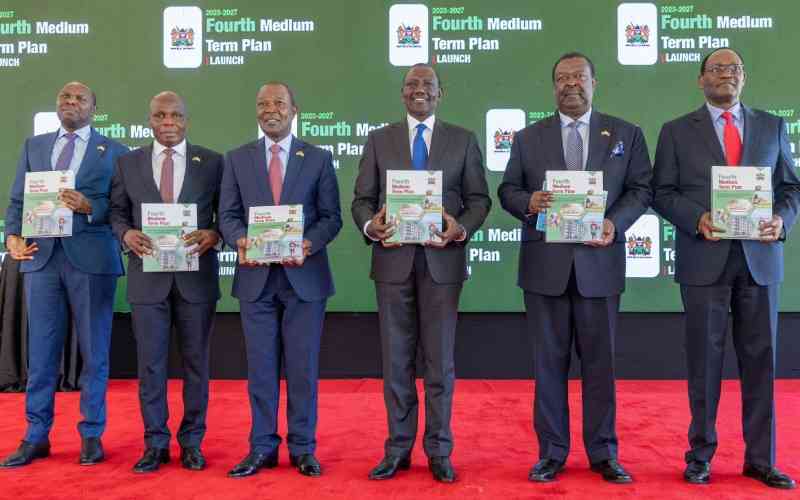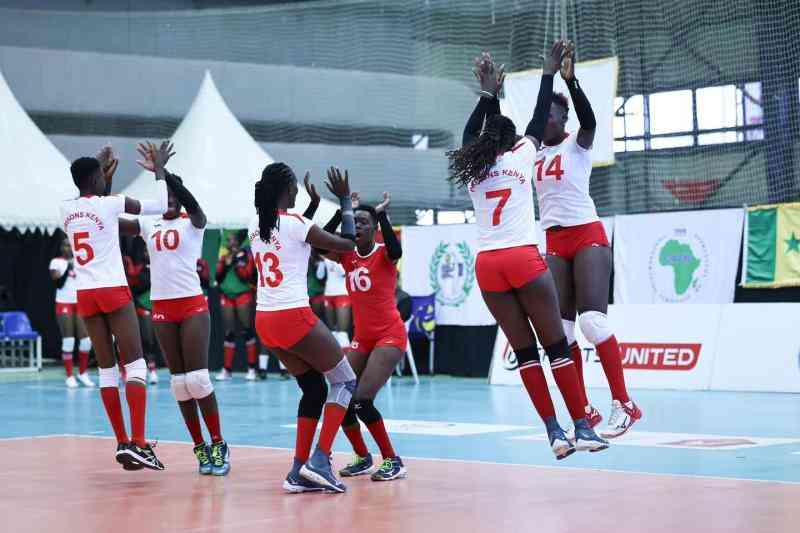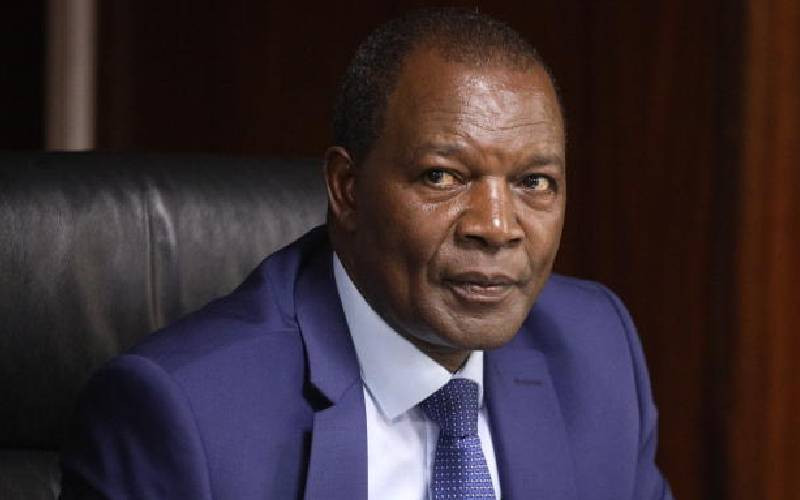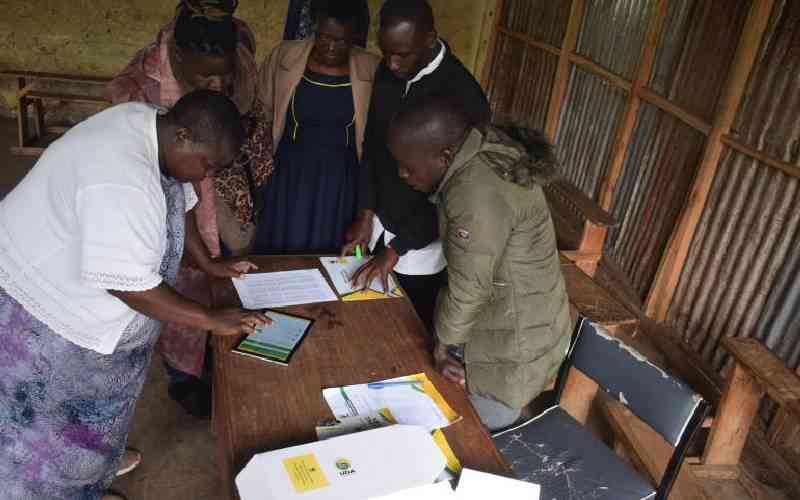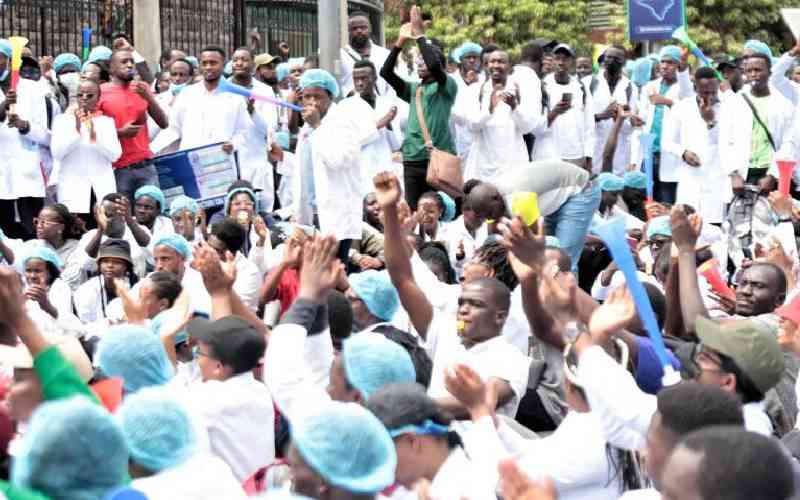By Lucy Musau
After the hailstorm caused by the serialisation and release of the book by Miguna Miguna ‘Peeling Back the Mask’, it is now time to pass a fine-toothed comb through the allegations.
Suffice to say here that Miguna, though aggressive and abrasive, is a lawyer of repute with an international track record in human rights advocacy and fight for justice.
He would therefore have no cause for writing about and making claims that he cannot substantiate.
Miguna’s claim of having incriminating evidence about active involvement in planning and execution of the post-election violence brings in a new dimension to the cases at the International Criminal Court at The Hague.
These claims ought to be treated with the seriousness they deserve, bearing in mind that so much of the truth around the happenings of the period between 2007 and 2008 are yet to be unearthed without bias or underhand manipulations.
There have been calls already at a personal and official level from many quarters to have Miguna record a statement with the police on what he might know concerning the poll violence and its masterminds. These calls might have been overtaken by events as the author of the book is already abroad.
What remains now is for Miguna to voluntarily give the information to the authorities, as nothing short of this is demanded from a good citizen of the world and a proponent of justice and human rights.
The public utterances (and now private ones thanks to Miguna) must not be swept under the carpet if The Hague is to be taken seriously on its quest to serve justice.
In light of the new developments, the ICC should reconsider the cases before it. The new prosecutor should seek Miguna as a friend of the court and take into account what he has to say concerning every politician’s role in planning, execution, and support of the mayhem.
The credibility of the ICC is at stake here if it fails to take advantage of this opportunity to investigate and go for the perpetrators.
Miguna, on his part, should volunteer to co-operate with the new prosecutor and furnish her with what he knows about the chaos. As he would already know, it is a crime under the Kenyan Constitution to conceal information that might help in the prosecution of a crime.
Using the information he has to buy anyone’s silence and go slow on what they might be plotting against him, does not augur well with his claim of being a pursuant of justice. He has a moral duty as one who is in possession of incriminating evidence on matters touching on war crimes to voluntarily hand it over to the authorities.
The other option would be to seek legal redress that would prevail upon Miguna, from what he has already said in public, to surrender any form of evidence he has to the authorities.
Either way, he owes it to the internally displaced people still in camps and the Kenyan public to come clean and have the real perpetrators of the crimes against humanity take responsibility for their actions of commission and omission. This we ask of him not because he is compelled by the law of the land to do so or by his solemn oath of admission to the bar, but because it is the right thing to do.
Stay informed. Subscribe to our newsletter
Writer is a political analyst
 The Standard Group Plc is a
multi-media organization with investments in media platforms spanning newspaper
print operations, television, radio broadcasting, digital and online services. The
Standard Group is recognized as a leading multi-media house in Kenya with a key
influence in matters of national and international interest.
The Standard Group Plc is a
multi-media organization with investments in media platforms spanning newspaper
print operations, television, radio broadcasting, digital and online services. The
Standard Group is recognized as a leading multi-media house in Kenya with a key
influence in matters of national and international interest.
 The Standard Group Plc is a
multi-media organization with investments in media platforms spanning newspaper
print operations, television, radio broadcasting, digital and online services. The
Standard Group is recognized as a leading multi-media house in Kenya with a key
influence in matters of national and international interest.
The Standard Group Plc is a
multi-media organization with investments in media platforms spanning newspaper
print operations, television, radio broadcasting, digital and online services. The
Standard Group is recognized as a leading multi-media house in Kenya with a key
influence in matters of national and international interest.

